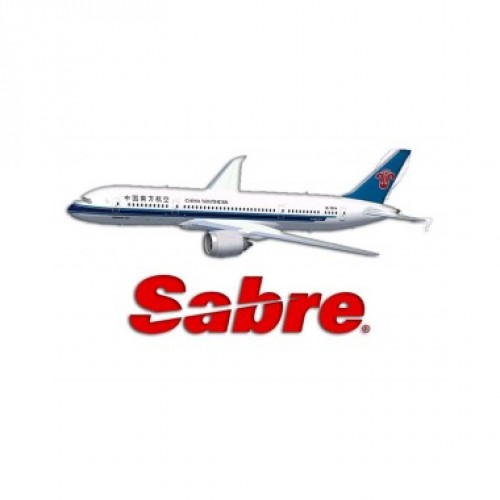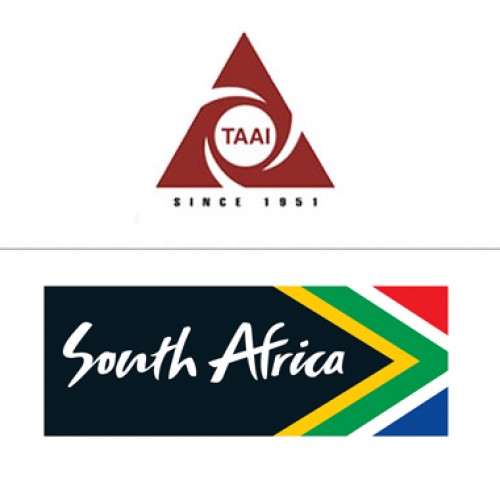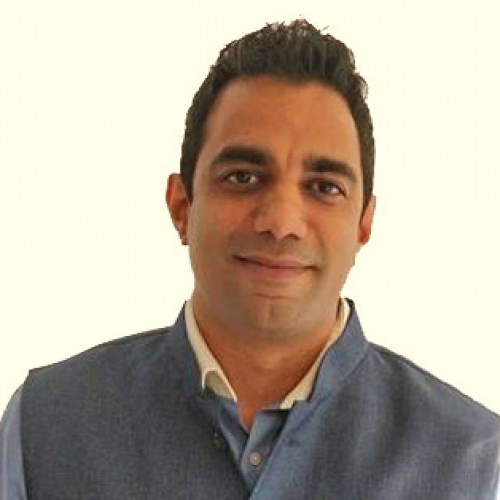Civil Aviation ministry may reform cancellation policy
Even as the new reforms drafted by the Civil Aviation Ministry on name change and free cancellation of airline tickets within 24 hours of booking look like bringing relief to the passengers, the shortcomings in the reforms make them apprehensive.
The draft directs airlines to print cancellation charges on the ticket, and that airlines and their agents together should not, under any circumstances, levy cancellation charge more than the base fare plus fuel surcharge.
However, the airline ticketing fraternity asked why a passenger has to pay fuel charges when there is no fuel burn-off? And, how the airline can define the fuel burn-off percentage as the proportion of fuel burnt for carrying him?
In a representation forwarded to the Civil Aviation Ministry, Biji Eapen, National President, IATA Agents Association of India, said, the fuel charges cannot become a part of the cancellation charges and any attempt to include this in the basic fare without merging both fare and fuel charges together is illegal and a total violation of the Law. “So we request the Ministry of Civil Aviation to review and amend the draft to specify that, cancellation charges under any circumstances shouldn’t be more than the base fare,” he said.
According to them, of the various components that make up the cost of an airline ticket, the base fare and fuel surcharge go to the airline and the others to the government and the airport operator.
Hence, the base fare is the price of airline ticket before fees, taxes and any surcharges are added. Even the Aircraft Rules 1937, Rule 3 Clause 54A also defines explicitly that “tariff” is the combination of fare, fees and other taxes.
Lately, the domestic segment witnessed majority of Indian carriers rewrapped base fare and fuel charges together as a single component under various tax codes. Carriers such as Air India, Vistara and SpiceJet offer base fare together with fuel as one unit.
For instance, Air India Thiruvananthapuram/Delhi route exhibits tariff Rs 9,385 with the base fare Rs 8,150 inclusive of fuel, whereas Jet Airways and IndiGo display separately (Jet Rs 6,567 as base fare & Rs 1,800 fuel surcharge and IndiGo Rs 3,730 as base fare and Rs 400 fuel surcharge).
So charging a cancellation fee more than the base fare is quite illogical. When a passenger is not travelling, there is no fuel consumption required. Hence, when the carrier is not consuming or burning any “fuel or gasoline” on the account of that passenger’s carriage, the airline cannot retain such and the unused “fuel charge” portion should be refunded, they said.
Curiously, the airlines in the country began charging this component on each ticket to account for volatile fuel prices from 2005. Globally, majority of the airlines includes fuel charge in the original price of a ticket and adds on a fuel surcharge during the booking process. Commenting on the issue, an aviation analyst and senior officer close to Air India said the profit of the airlines often depend on the last 10-15 seats booked in each trips.
So the ministry seems to have taken the decision after vetting the issue from all angles, he said. Other point being raised by the agents is the fuel surcharge introduced when the fuel prices skyrocketed during 2005 and it was not abolished when oil prices crashed.
He asked whether there is any reduction in petrol/diesel prices even after the oil prices nosedived. So why airlines are blamed for charging fuel surcharge on aviation turbine fuel when the Centre is yet to take a clear decision on this, he asked.
You might also like
China Southern leverages Sabre intelligence capabilities to fuel international growth
Agreement deepens long-standing partnership, testament to value of Sabre technology Sabre Corporation, the leading technology provider to the global travel industry, has signed a multi-year agreement to provide Sabre’s Market
TAAI signs Agreement with South Africa Tourism to educate agents across India
South Africa Tourism(SAT) and Travel Agents Association of India (TAAI) once again have entered into an agreement to offer training to travel agents across India. Learn SA in its 7th edition
Thomas Cook India launches ‘Study Buddy’ to leverage the peak student travel season
Thomas Cook India eyes the high potential student travel segment for its Foreign Exchange business. In a strategic move to capitalise on the significant and growing student travel segment, Thomas







